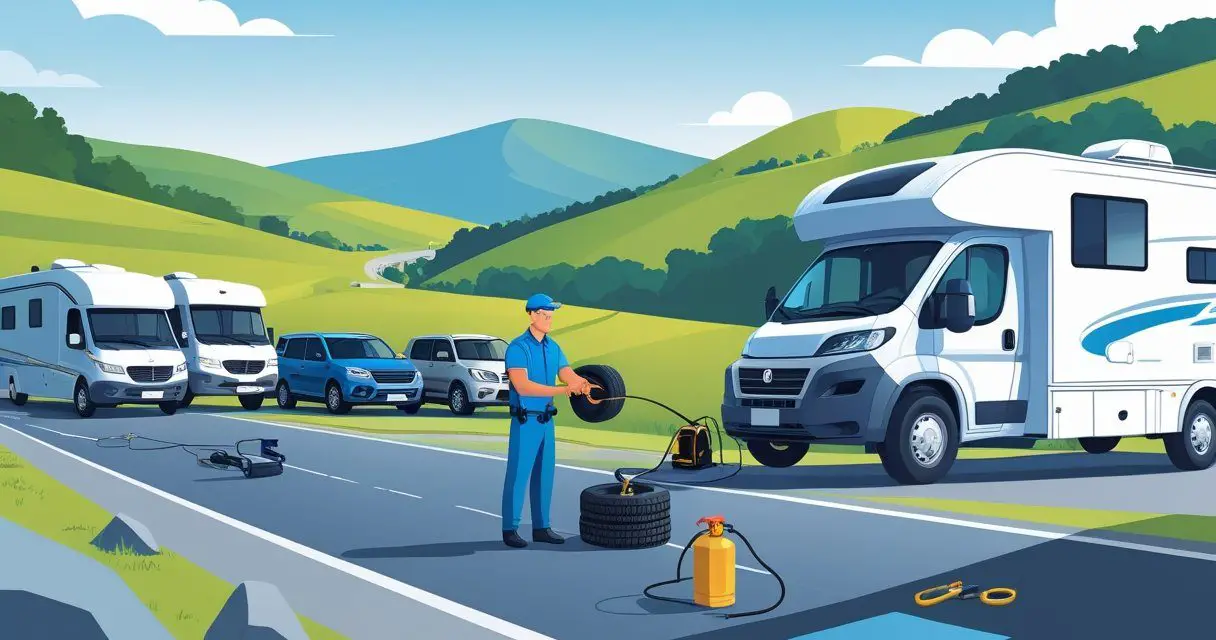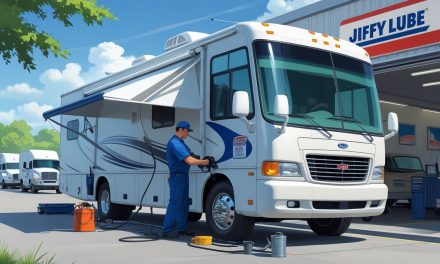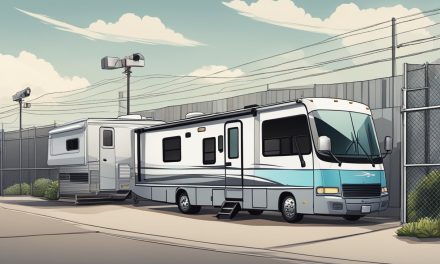Would you like to save this article?
When you’re cruising down the open road in your RV, the last thing you want is to be stranded with a flat tire, dead battery, or worse—no help in sight. That’s why having a reliable roadside assistance plan is crucial for every RVer. We recently asked our readers in the [Your RV Site Name] newsletter: “What type of roadside assistance plan do you have?” The responses were eye-opening, revealing some strong preferences (and a few surprises) in the RV community.
Whether you’re a full-time RVer or a weekend warrior, your choice in roadside assistance says a lot about how you travel. And if you missed this poll, don’t worry—there’s always another one coming! Make sure to vote next time so your voice is part of the results.
The Breakdown: Who’s Covered (And Who’s Living Dangerously)
Here’s how the votes stacked up:
| Roadside Assistance Plan | Percentage of Votes |
|---|---|
| RV-specific | 59% |
| General automotive | 15% |
| None | 26% |
| Not sure | 0% |
RV-Specific Plans Reign Supreme
It’s no shock that 59% of RVers opt for an RV-specific roadside assistance plan—after all, a motorhome or travel trailer isn’t your average vehicle. Standard auto plans might not cover a blown-out RV tire, a slide-out stuck in the wrong position, or the dreaded “black tank disaster.” Companies like Good Sam, Coach-Net, and AAA RV specialize in these big-rig emergencies, offering peace of mind when you’re miles from the nearest repair shop.
The General Automotive Holdouts
Only 15% of voters rely on general automotive plans, which might work for smaller Class B RVs but could leave larger rigs in a lurch. If your plan doesn’t specify RV coverage, you might find yourself explaining to a confused tow truck driver why your “car” is 35 feet long. Still, for some, the lower cost or existing membership makes this the go-to choice—just hope you never need a heavy-duty tow!
The Fearless (or Foolhardy?) 26%
A surprising 26% of RVers admitted they have no roadside assistance at all. Are they ultra-prepared DIYers with a full toolkit and nerves of steel? Or are they simply living on a prayer? Either way, we salute their bravery (while quietly suggesting they reconsider before the next roadside breakdown).
Why These Results Make Sense
The overwhelming preference for RV-specific plans reflects the unique challenges of RV travel. When your home-on-wheels breaks down, a generic tow truck won’t cut it—you need specialists who understand RVs. Meanwhile, the “none” crowd might include budget-conscious travelers or those who’ve never had a major issue (yet). As for the 0% “not sure” votes, it seems RVers are decisive about their safety nets—or they’re just really good at guessing.
Whatever your choice, one thing’s clear: being prepared beats being stranded. So, if you’re in the 26% rolling the dice, maybe it’s time to invest in a little roadside security. After all, the open road is a lot friendlier when you know help is just a call away.






